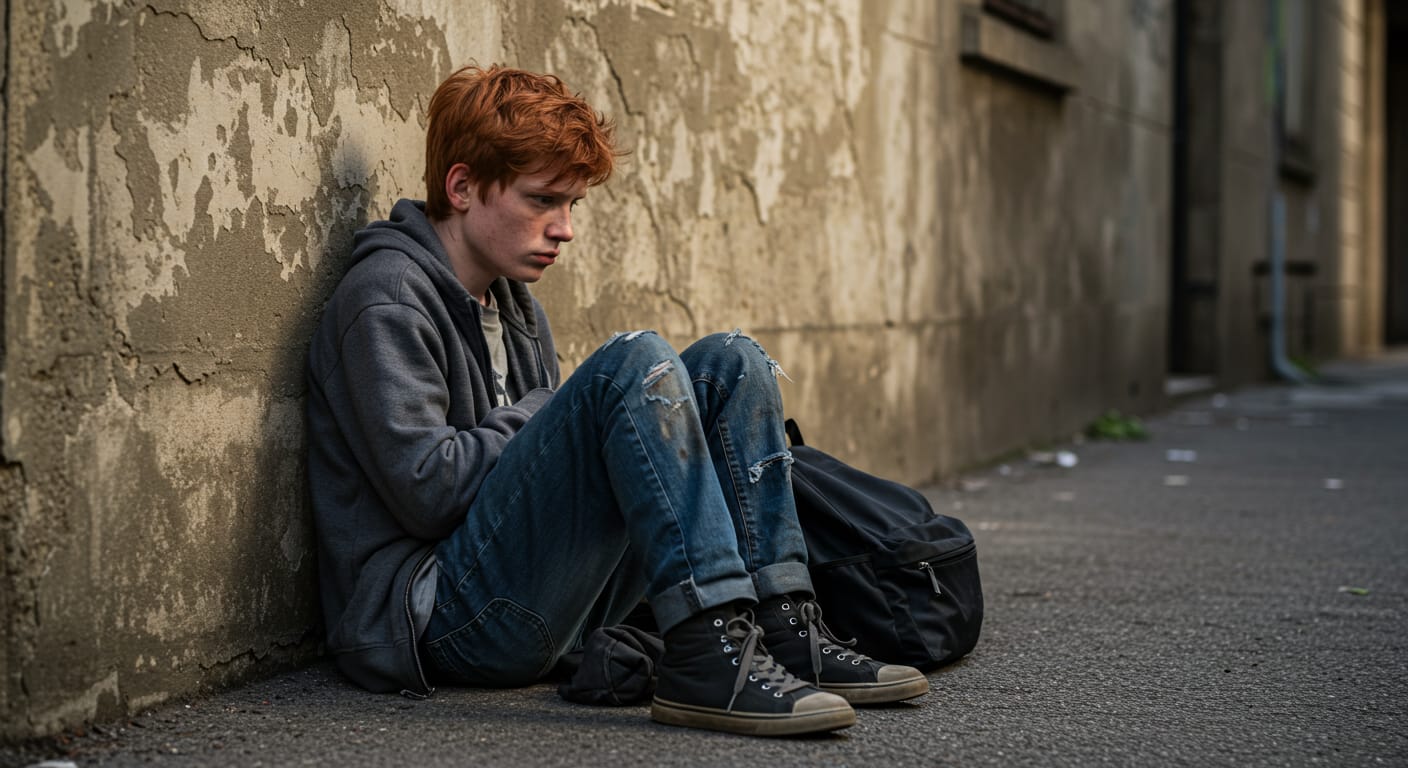Have You Heard, Parents? It’s Time to Pay Attention
Depression among high school teens is becoming one of the most pressing mental health crises of our time. In 2023, the numbers are more alarming than ever, with a growing number of students silently suffering through emotional distress.
The World Health Organization defines depression as “a common mental disorder characterized by persistent sadness, loss of interest or pleasure, and disrupted sleep or appetite.” This is not just a mood swing—it’s a deep mental struggle that’s affecting our children’s ability to thrive.
What’s Really Behind Teen Depression?
Is school the cause of depression? Not exactly. But schools can become pressure cookers—places where academic demands, social comparisons, and personal expectations collide. Today’s teens navigate a complex world filled with unrealistic standards and constant performance metrics.
From excessive homework loads to overwhelming extracurriculars and exam stress, schools may inadvertently contribute to the emotional strain teens feel daily.
More Than School: A Society-Wide Problem
Depression is not born in classrooms alone. It’s also fueled by social media comparisons, societal shifts, and cultural pressures that teens cannot escape. Every scroll through a phone can breed insecurity. Every test feels like a defining moment. The result? Rising anxiety and depression among youth—at rates we’ve never seen before.
The Alarming Numbers We Can’t Ignore
Recent studies show that depression rates among teens have tripled in the past decade. Symptoms like isolation, irritability, low energy, or sudden mood swings are becoming common—and too often, overlooked. Teens are under more emotional pressure than ever, and many suffer in silence.
This isn’t just a school issue—it’s a societal emergency that needs attention from all fronts: educators, families, communities, and policymakers.
Parental Awareness is Crucial
While schools can detect warning signs, parental involvement plays an equally important role. Many parents miss the early signs of depression, brushing them off as typical “teen mood swings.” But this delay can make things worse. Knowing the signs—changes in sleep, appetite, social withdrawal, and emotional numbness—can help you act sooner.
Don’t wait until it’s too late. Start conversations. Ask questions. Listen without judgment.
Unseen Consequences: Homelessness and Isolation
Depression’s reach can extend beyond mental wellness—it can contribute to school dropouts, family conflict, substance abuse, and even homelessness. Teens without support or intervention may spiral into situations where survival becomes the only focus. These emotional burdens are often heavier for teens in under-resourced communities.
For African-American and other minority teens, the challenges may be amplified by cultural stigma, systemic inequities, and lack of accessible mental health care.
What Can Parents Do Right Now?
Your role as a parent is powerful. You don’t have to have all the answers—but your presence, love, and willingness to listen can make all the difference. Help your teen by:
-
Creating a judgment-free space for them to open up
-
Being aware of emotional and behavioral changes
-
Encouraging professional support when needed
-
Being involved in school discussions and advocacy
If you’re overwhelmed, reach out. Mental health professionals, school counselors, and local hotlines exist to support both you and your teen.
It’s Time to Act — Together
Teen depression is a reality we can’t ignore. But it’s not a hopeless one. The earlier we act, the greater the chances of healing and resilience. Let’s break the stigma around mental health. Let’s replace silence with support, fear with action, and isolation with community.
Parents, your voice matters. Your involvement is a lifeline.
Together, let’s work for a generation of teens that are emotionally strong, supported, and seen.









